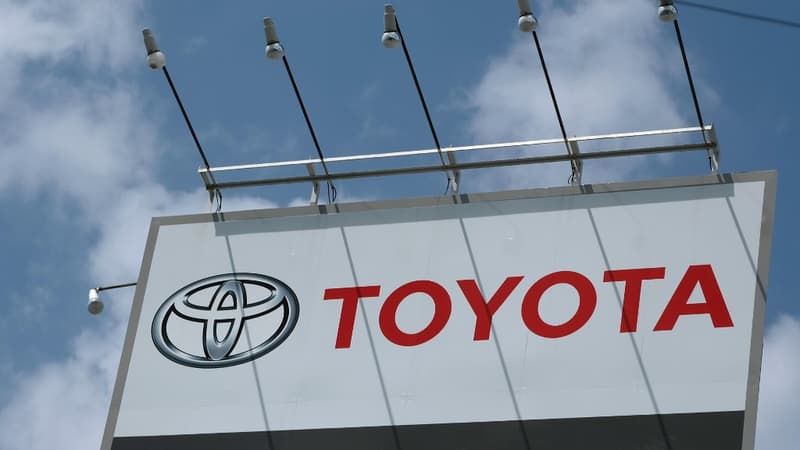Hydrogen vehicles are holding back the energy transition and Toyota should not promote them during the Paris Olympics, say a hundred scientists in an open letter published on Tuesday. Five hundred Toyota Mirais, the only sedan on the market equipped with a fuel cell, will be added to the official fleet of the event, before being converted into taxis at the end of the Games. A dozen buses will also be required to transport athletes.
“Toyota has been promoting hydrogen for a long time, but they are just trying to delay the transition to electric vehicles,” said David Cebon, a professor of mechanical engineering at the University of Cambridge in the United Kingdom. “It is a very cynical delaying strategy by one of the most powerful companies in the world.”
Green hydrogen vehicles require three times more energy than electric ones
The world’s leading carmaker has lagged far behind in the development of electric cars, preferring hybrid models, which are more versatile and in which it is a pioneer. It is also one of the only brands in the world, along with BMW and Hyundai, to work with hydrogen, appreciated for the autonomy and rapid charging it offers to vehicles. For these scientists, who rely on the work of the Intergovernmental Panel on Climate Change (IPCC), electric vehicles nevertheless represent the “most effective way to decarbonise transport”.
“Green” hydrogen vehicles (powered by renewable electricity) require three times more energy than equivalent electric vehicles and therefore more infrastructure such as wind turbines and solar panels, and are three times more expensive to run, the scientists say. Green hydrogen remains rare: the gas is currently produced mainly from fossil fuels (especially for the fertilizer industry) and emits almost as much CO2 each year as global aviation, according to the Hydrogen Science Coalition, of which David Cebon is a member. This group believes that hydrogen can only play a minor role in the energy transition by 2050.
The signatories are calling on Toyota to replace its Olympic cars with electric vehicles or, failing that, not promote them, said David Cebon. Contacted on Monday, neither Toyota nor the International Olympic Committee would comment on the letter. Toyota had indicated that the Olympic cars would be fueled by hydrogen from renewable sources from Air Liquide, another Olympic partner.
Source: BFM TV


